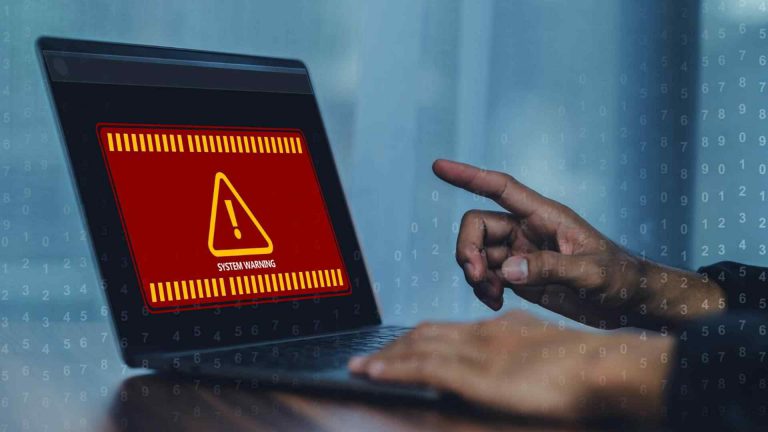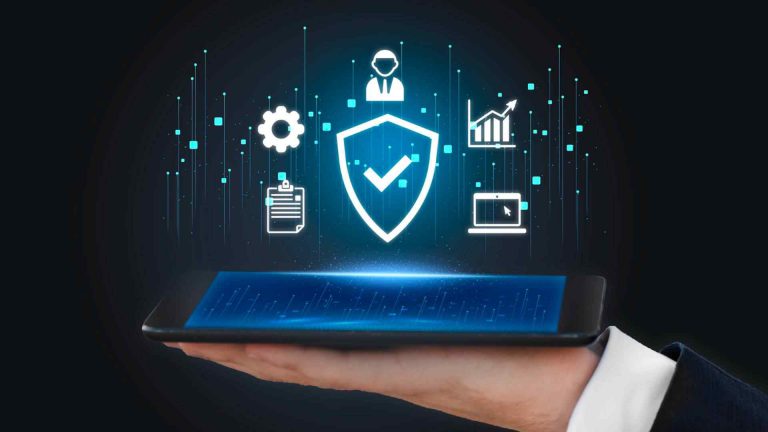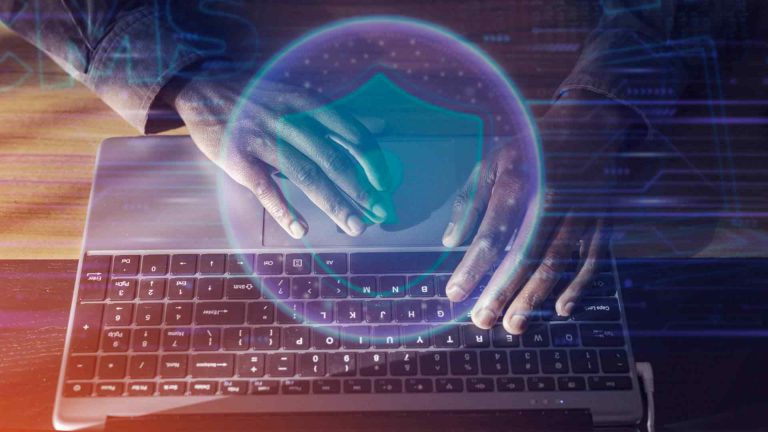Cyber Security

- IT Professionals
- Marketing Professionals
- Finance Professionals
- Healthcare Professionals
- Social Scientists
- Engineers



Improved Security
Cybersecurity training can help employees understand the latest security threats and how to protect against them. This can help businesses avoid costly security breaches and protect their sensitive data.

Reduced Risk
Proper training can help employees understand how to identify potential security risks and take appropriate action to prevent them. This can reduce the risk of cyber attacks and data breaches.

Compliance
Many industries are subject to strict security regulations, and proper cybersecurity training can help businesses comply with these regulations. This can help businesses avoid costly fines and legal issues.

Competitive Advantage
Enterprises that invest in cybersecurity training courses can gain a competitive advantage by being able to provide better security than their competitors. This can help businesses attract and retain customers who prioritize security.

Improved Collaboration
Cybersecurity training can help employees understand how to work together to protect the company's sensitive data. This can improve communication and teamwork among employees, resulting in better security practices and improved efficiency.

Cost Savings
Cybersecurity training can help businesses avoid the costs associated with security breaches, such as lost revenue, legal fees, and damage to reputation. This can save businesses money in the long run.
I recently completed a course as part of our company's initiative to enhance our skills in data analysis and financial modeling. The impact on my work has been remarkable. The courses were well-structured, providing a solid foundation and then building up to more advanced concepts.

The sales training provided through F2I's bootcamp was a revelation. The modules covered everything from effective communication to advanced negotiation techniques. The real-world scenarios discussed in class mirrored the challenges we face daily, making the learning experience highly relevant.

I had the incredible opportunity to participate in the company-sponsored bootcamp, and it has been a game-changer for my career. The instructors were experts in their fields, providing practical insights that I could immediately apply to my role. Thanks to this training, my productivity has soared, and I feel more confident in tackling complex marketing challenges. Kudos to our company for investing in our professional growth!

Participating in the IT skills upgrade courses organized by our company has been a game-changer for my career. The courses covered a wide range of topics, from troubleshooting complex issues to mastering the latest technologies. I’m grateful that our company gave us such a wonderful opportunity.

The operational efficiency courses provided by our company have been a tremendous asset to my role as an operations executive. The instructors were industry experts who shared valuable insights and best practices. The course content covered a spectrum of topics, from supply chain management to process optimization. Thanks to our company for such an amazing opportunity.

The business analysis courses provided by our company's professional development program were top-notch. As a business analyst, the skills acquired during the program have been instrumental in providing meaningful insights to support strategic decision-making.





















Otis Russell